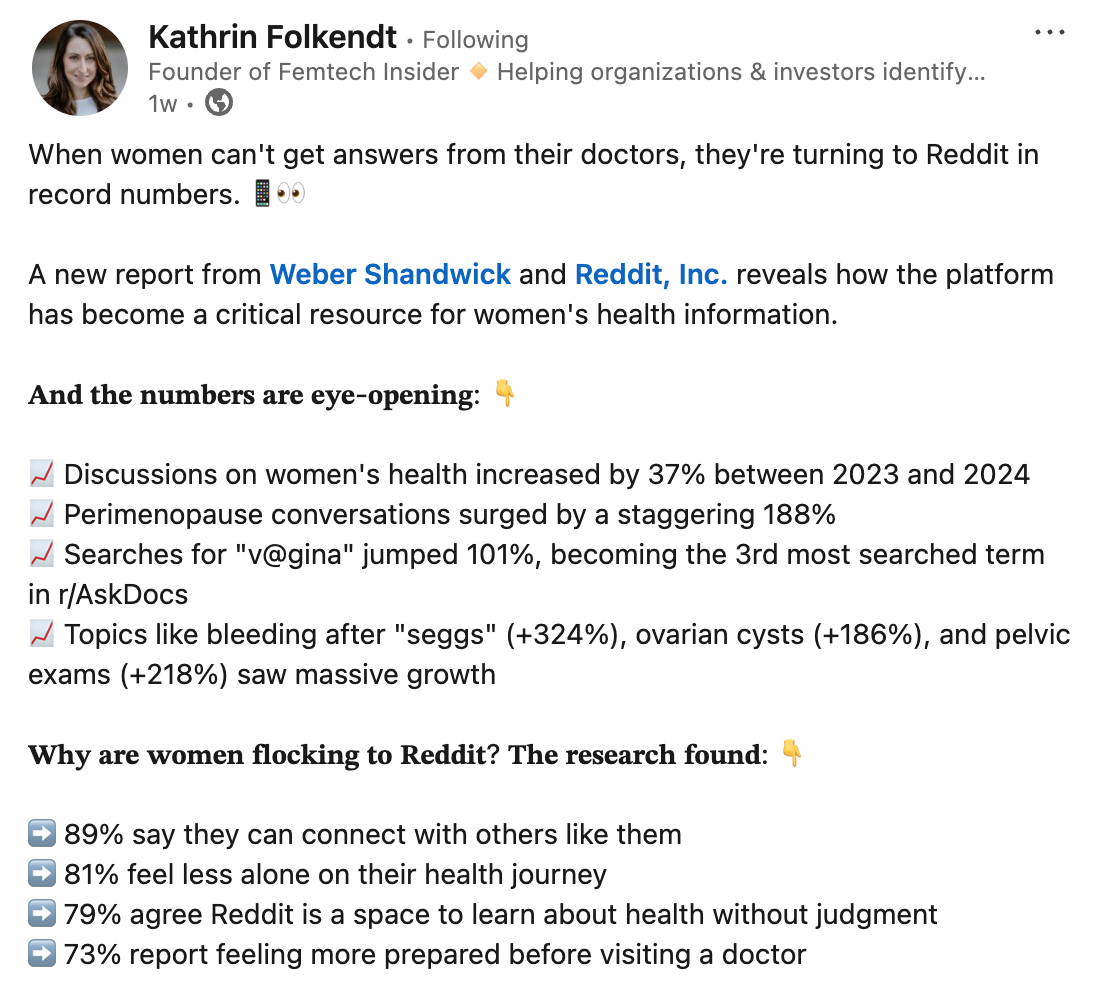The LookUP List: StoryTelling into a Headwind
Why do the stories that matter struggle to cut through?
It’s a sad reality of the modern world, that the stories that matter are often the ones that struggle to make noise. We find ourselves in an era where those with money and power have the ability to flood media in a way that was never before possible.
But the past weeks have shown that there are exceptions. Netflix’s ‘Adolescence’ has become a blueprint for social good organisations to understand how they can harness the power of story to further their end goals. Amassing more than 96 million views, the series has created hyper awareness and discussion, governmental debate, and now the announcement of multiple school based phone bans and the announcement of a new ‘Anti-Misogyny’ curriculum in UK schools in a matter of weeks.
Documentary making and in this case, fictional content series development isn’t a route open to many not for profits and charities, but the power of storytelling is clear. If we shift from disrupting what people love and rather, be the thing that they love (or in this case, are shocked to the core by), people will engage.
At LookUP we want to make meaningful change in this sector, and bring the power of storytelling not just to the marketing realm, but also to the internal: using stories to drive the vision of organisations in this sector to create real change, and aligning teams behind these goals.
This week’s LookUP list explores the interesting activity in this space as it gets disrupted, and at the end of the piece, you can find out how you can get involved in our upcoming events and research to drive change.
1. Read This: The Debate with Adolescence Continues
Yes it was shocking. Yes it was fantastic TV (and let’s remember, it was TV, not a parenting guide). But the debate as to the fall out rages on, and at LookUP we believe in always reading all sides of the discussion, so here are some of the varied outlooks we’ve found.
Is using a drama as an educational resource doing more harm than good?: https://theconversation.com/adolescence-in-schools-tv-shows-portrayal-of-one-boyhood-may-do-more-harm-than-good-when-used-as-a-teaching-tool-253158
Wired explored Jack Thornes drivers in creating the series: https://www.wired.com/story/adolescence-creator-went-very-very-deep-in-the-manosphere-its-appeal-scared-him/
The Independent put together a ‘how to’ for parents on exploring these issues with their kids:
https://www.independent.co.uk/life-style/health-and-families/adolescence-andrew-tate-manosphere-how-to-talk-to-children-teens-b2726073.html
GQ put together a reading list if you want to go deeper on the themes from the series here: https://www.gq-magazine.co.uk/article/books-like-adolescence-reading-list
2. Listen to this: To Be a Boy
If you’re wanting to better understand the current narratives booting out of Adolescence, but widen your perspective on the issue, you could do far worse than give Joeli Brearley (founder of Pregnant then Screwed) and Elliot Rae (founder of Parenting out Loud)’s podcast ‘To Be a Boy’ a listen. They also have a great episode debating Adolescence and bringing different experts in to give tangible steps forward.
And here’s a piece about why Joeli started down this road: https://www.huffingtonpost.co.uk/entry/raising-boys-feels-daunting_uk_67d317ade4b09ccf129cf67b
3. Support This: The Big Sea upends the Wetsuit Industry
Sometimes the takeout from a film is so unequivocal that you assume that change must be inevitable. The Big Sea is a breathtaking film from the directors of The London Film Festival, Demi Taylor and Chris Nelson, alongside Lewis Arnold. It highlights the clear connection between the production of Neoprene and ‘Cancer Alley’. This is the surrounding area around the plants that make the chemicals, and it has a 50% higher rate of cancer than the rest of the US. The film-makers engaged with the big surf brands throughout, but only Xcel wetsuits and smaller independents have changed to the (widely available) new wetsuit materials such as Yulex. A case study in storytelling and industry change, but one that demonstrates that there’s always work to do afterwards to drive real change:
Find a viewing near you here:
And listen to a podcast with one of the film makers here:
4. Learn from This: The Stories we Tell Each Other
Sometimes we need to initiate great storytelling by listening to the stories our audience are telling each other. We were really intrigued to see this post from Kathrin Folkendt, Founder of FemTech Insider, on Reddit as the new home for women and their health. The anonymity of the platform means that women can discuss sensitive topics that don’t feel approachable in traditional healthcare settings.
When StoryTelling, always find the stories that people are naturally telling each other, whether that’s online, or even in your own organisation.
Check out the post here.
5. Watch this: From the Makers of Adolescence, ‘Reunion’ is set to cause a storm
Finally, if Adolescence got you fired up and realising the power of telling stories behind the issues we care about, get ready for April 7th when ‘Reunion’ made by the same team is released:
What have you learnt when storytelling issues that matter? What challenges do you face?
We’d love to know, we have a live survey (no more than 5 minutes max) running so that we can better help the social good sector. All results will be shared publicly, so please share so this reaches far and wide. We’ve got a draw for £100 to charity for people who share / people who complete the survey, so just DM us when you’ve done it.
And finally, we are holding an event for charities, not for profits, purpose led brands and movement activists on May 21st. Please sign up here if you’re interested:
Thanks again for reading! Caroline and Matthew








